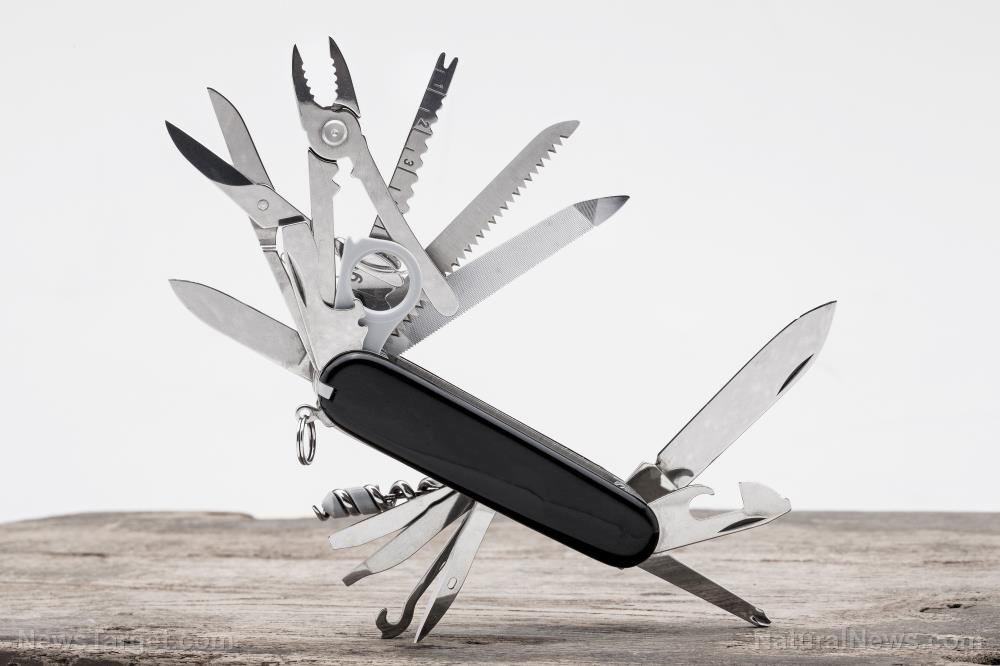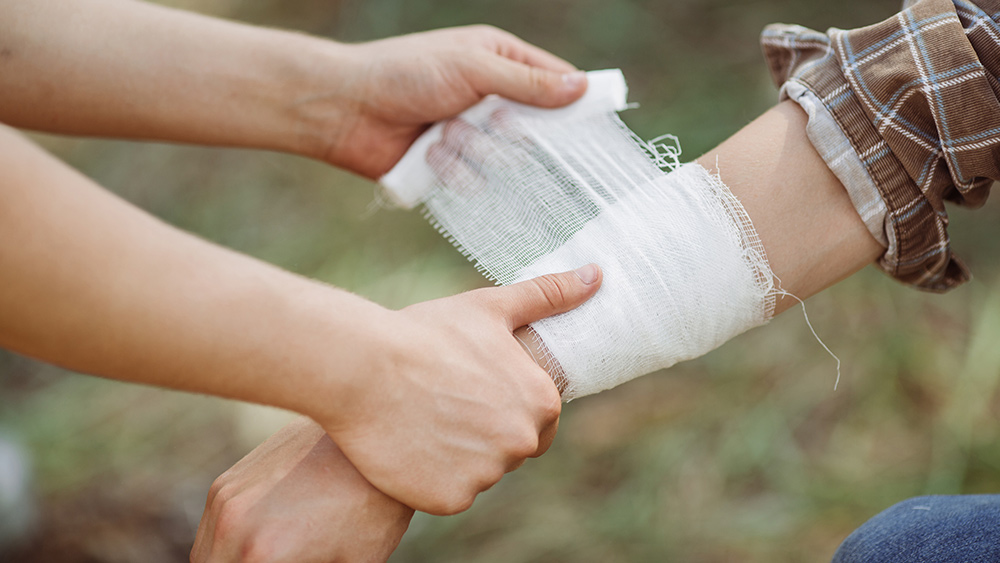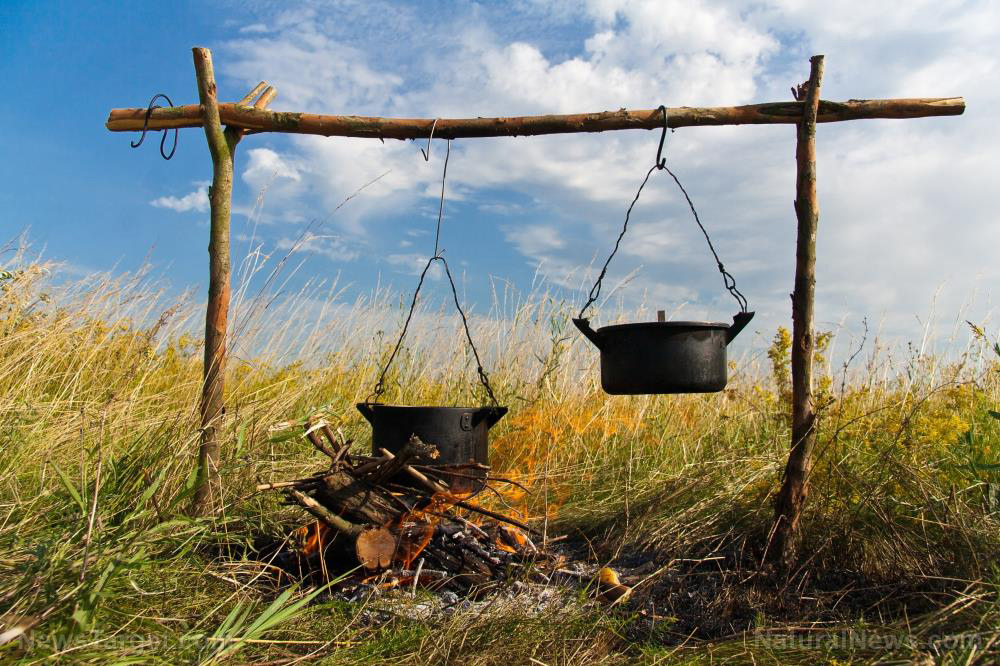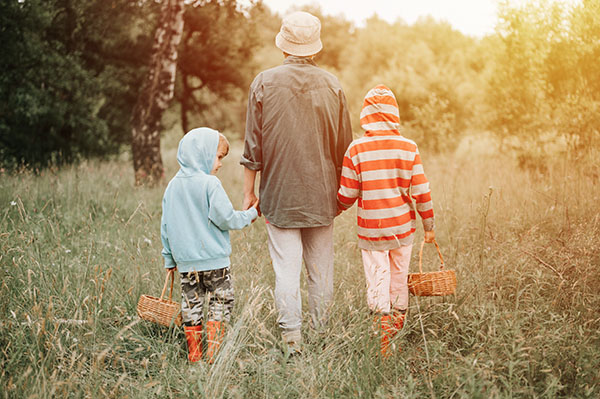Survival tips: Top 3 fatal mistakes to make in a crisis and how to avoid them
09/01/2025 / By Zoey Sky
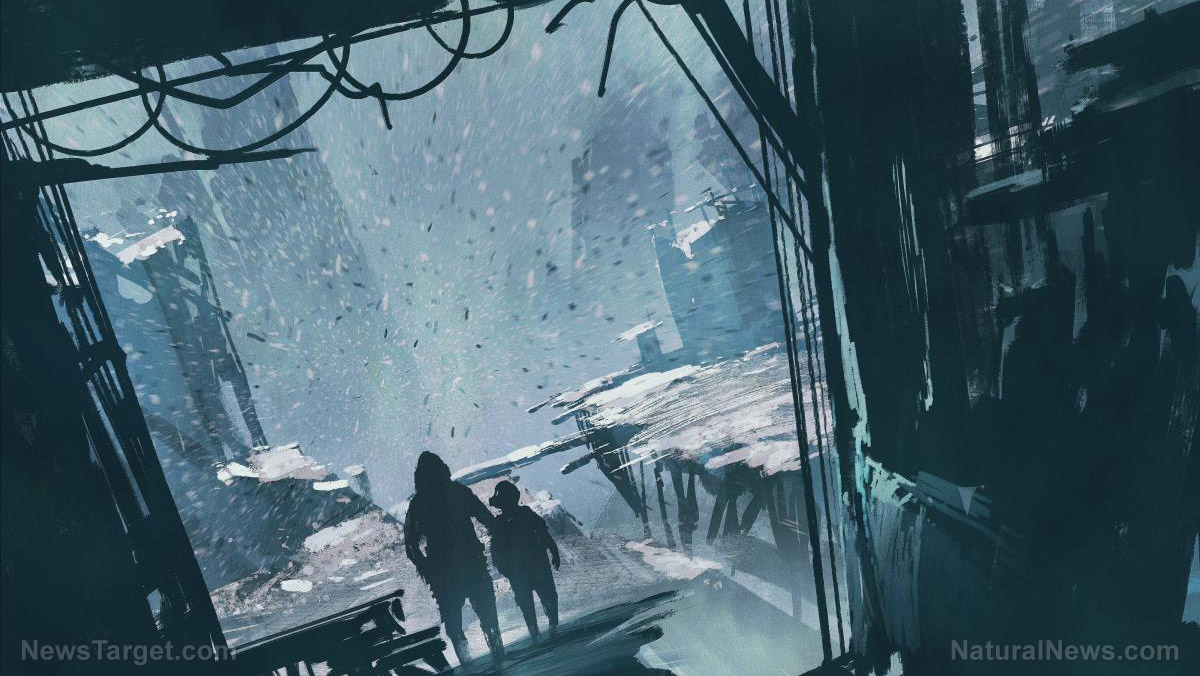
- In a crisis, your decisions and psychological state are more critical to survival than the equipment you own. The most common fatal mistakes are psychological traps, not a lack of supplies.
- The human impulse to investigate strange noises or events can be deadly, and curiosity can lead you directly into danger. Your priority should be to stay hidden and secure, not to gather information.
- Desperate people can be dangerously deceptive. In a lawless environment, prioritize your safety over the urge to help and maintain a policy of extreme caution.
- Your intuition, or “gut feeling,” is a powerful survival tool honed by evolution. Never ignore these subconscious warnings in favor of slower, logical rationalization. It is better to overreact and be safe than to hesitate and die.
- Common preparedness mistakes include valuing gear over knowledge of how to use it and fantasizing about fleeing into the wilderness. The best strategy is to “bug in” at your home, which contains your supplies and offers shelter, while prioritizing the learning of practical life skills.
In an emergency, the margin for error is razor-thin. When the power grid fails, law enforcement vanishes or the familiar structures of society crumble, a single misstep can be fatal. (h/t to Survivopedia.com)
Survival is less about the gear you own and more about the decisions you make. Based on extensive analysis of real-world disasters, from hurricanes to riots, three common psychological traps emerge as the most prolific killers. Avoiding them could mean the difference between life and death.
Mistake 1: The deadly pull of curiosity
It begins with a noise, like a shout, a bang, or an eerie silence where there should be sound. The instinct to investigate, to see what’s happening, is a deeply human impulse. In a crisis, this curiosity is a death wish.
This isn’t a fictional trope; it’s a pattern observed in countless disasters. During Hurricane Katrina, residents of New Orleans’ Lower Ninth Ward ventured into flooded streets to “check things out.”
Many were never seen again, falling victim to looters and violent gangs or simply being mistaken for a threat themselves. Emergency responders later designated certain areas as “no-go” zones because they were too dangerous even for trained personnel.
Remember that sometimes, information is not worth your life. In a true crisis, the priority is not to document or investigate but to disappear. When the world turns chaotic, the safest course of action is to stay low, stay silent and let the threat pass.
How to avoid it
Establish a firm rule: Do not investigate. Your home, if secure, is your fortress. Assume that any unknown noise or activity is a threat until proven otherwise. Even then, exercise extreme caution. Remember, your goal is to be invisible, not informed.
Mistake 2: Trusting the wrong person
Desperation rewrites the rules of human interaction. When people are starving, thirsty and afraid, morality often evaporates. The second fatal mistake is letting your guard down and trusting strangers, no matter how friendly or helpless they may appear.
Predators are often masters of deceit, often posing as the very people meant to help others.
During Hurricane Harvey, looting gangs in Houston coordinated via social media and moved through neighborhoods in boats, pretending to be volunteer rescuers. They would call out for help, wearing vests that looked official, only to rob and assault those who trusted them at gunpoint. Police reports from the event confirmed a dramatic spike in armed robberies and home invasions, with civilians warned not to answer their doors for anyone.
This mistake stems from operating on “normal world” rules. A friendly face or a crying child can trigger your innate desire to connect and help. But in a survival scenario, this makes you a target. Letting someone get within arm’s reach without absolute certainty of their intentions is an enormous risk.
How to avoid it
Adopt a policy of calculated distrust. This doesn’t mean becoming a paranoid hermit, but it does mean prioritizing your safety above all else. If you are unsure whether someone is a friend or foe, create distance. Keep any potential weapons within reach and trust your initial assessment.
Mistake 3: Ignoring your gut instinct
The body’s warning system, such as that chill down your spine, the tightening in your chest or the overwhelming urge to leave, is a refined tool honed over thousands of years of human evolution. The third fatal mistake is silencing this instinct in favor of logical, but slower, rational thought.
During the 2018 Camp Fire in California, some survivors reported a “feeling” that something was wrong long before official evacuation orders were issued. Those who trusted that feeling and left immediately survived, while those who paused to rationalize the situation, convincing themselves it was probably fine, found themselves trapped in their cars by fast-encroaching flames.
This “gut feeling” is your subconscious brain recognizing patterns and dangers that your conscious mind hasn’t yet processed. It doesn’t care about social embarrassment or wanting to appear calm. It only cares about survival.
Ignoring this whisper of instinct because you don’t want to overreact is a gamble with the highest possible stakes. In a crisis, it is always better to look stupid and alive than calm and dead.
How to avoid it
Practice listening to your intuition now, in everyday life. In a disaster, give it ultimate authority. If your gut tells you to run, run. If it tells you to hide, hide.
Do not second-guess it with logic. Your life may depend on that split-second decision.
Other critical mistakes to avoid
Beyond these three psychological traps, other common preparedness errors can prove just as dangerous.
Focusing on gear over skills
A shelf full of expensive survival gear is useless if you don’t know how to use any of it. The most valuable asset in any disaster is your knowledge.
Prioritize learning practical skills like fire-starting, basic first aid, water purification and self-defense. These learned abilities cannot be looted or broken. (Related: The EMP-proof inbox: 10 Household items you already own that can be used for communication after SHTF.)
The bug-out fantasy
Popular media glorifies the idea of “bugging out,” or grabbing a bug-out bag and fleeing into the wilderness. For the vast majority of people, this is a disastrous plan.
Your home is your strongest point of advantage because it contains the bulk of your supplies, offers shelter and is situated in a familiar area. The dangers and immense difficulties of living off the land are often severely underestimated.
Plan to shelter in place (bug in) as your primary strategy and only consider leaving if your home becomes unequivocally unsafe.
Lacking practical life skills
Modern convenience has created a skills gap. Many people no longer know how to perform basic tasks like repairing clothing, basic mechanical fixes or growing food. These are not just “prepper” skills; they are fundamental life skills that become critical when supply chains collapse.
Survival is not about being the toughest or having the most expensive equipment. It is about mindset. It is having the discipline to override curiosity with caution, to replace blind trust with vigilant distrust and to prioritize primal instinct over faltering logic.
Visit Preparedness.news for more articles that will help you prepare for different emergencies. You can also check out Health Ranger Store and Brighteon Store for more clean food supplies for your prepping stockpile.
Brighteon.AI Enoch AI engine explains that you should avoid common prepping mistakes like being curious at the wrong time, letting people get too close and not trusting your instinct when disaster strikes, because they stem from a flawed mindset. Don’t use fear as a motivator because it may lead to irrational and counterproductive actions. Instead, focus on plausible, local scenarios.
Watch the full video below of “Man in America” with host Seth Holehouse and guest Health Ranger Mike Adams as they talk about AI-augmented survival, prepping and off-grid living.
This video is from the Health Ranger Report channel on Brighteon.com.
More related stories:
When lightning strikes: How to stay safe during and after thunderstorms.
Tactical flashlight: A versatile tool you need in your survival stockpile.
Prepping 101: Tips to help you start your prepping journey.
Sources include:
Submit a correction >>
Tagged Under:
bug out, chaos, Collapse, emergency preparedness, Home Defense, home security, homesteading, off grid, panic, preparedness, prepper, prepping, Safety Tips, SHTF, survival, survival mistakes, Survival Tips, survivalist, tips
This article may contain statements that reflect the opinion of the author
RECENT NEWS & ARTICLES
COPYRIGHT © 2017 OFFGRID NEWS

